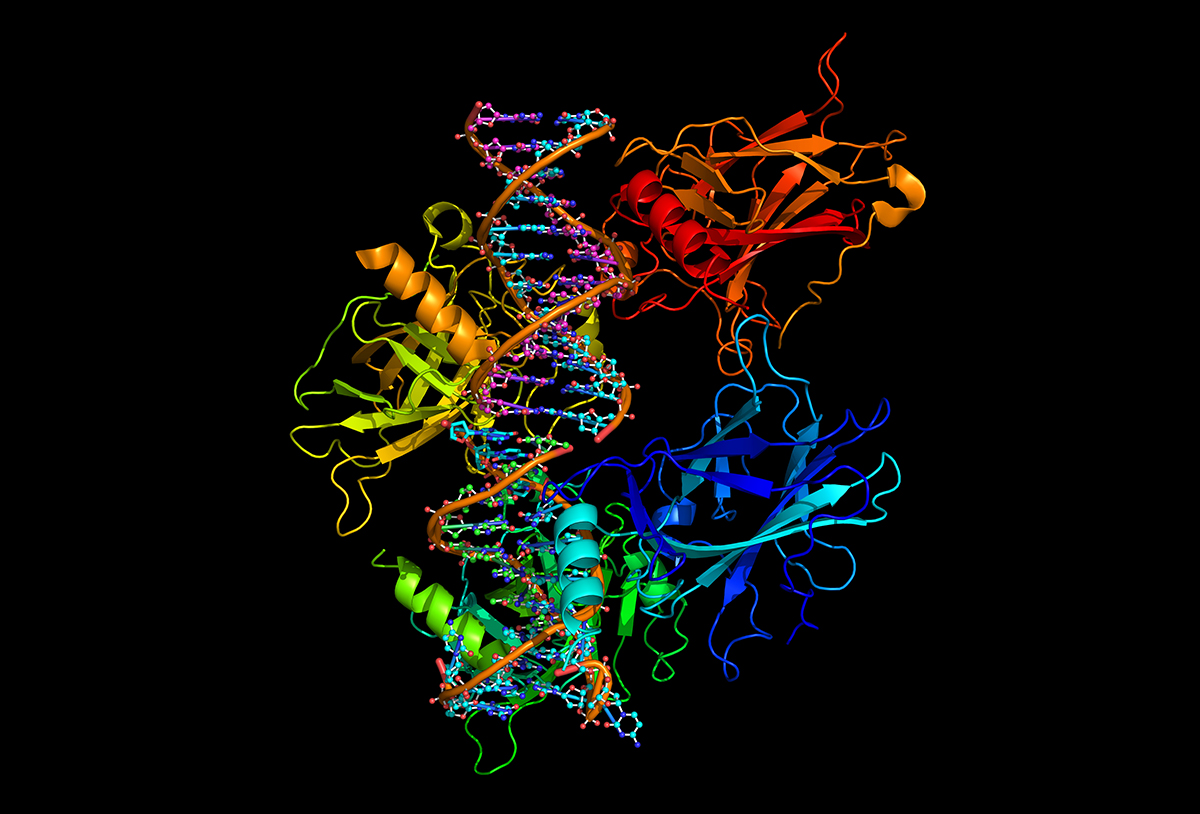Before we can talk about how much protein we need, we should first understand the following:
- What is protein
- Why do we need it
- Where can we get it from
- How much do we really need
1. What is protein
noun: any of a class of nitrogenous organic compounds that have large molecules composed of one or more long chains of amino acids and are an essential part of all living organisms, especially as structural components of body tissues such as muscle, hair, etc., and as enzymes and antibodies.
OxfordLanguages
Or put another way: a naturally occurring, extremely complex substance consisting of amino acid residues joined by peptide bonds. Proteins are present in all living organisms and include many essential biological compounds such as enzymes, hormones, and antibodies.
Protein is made up of 20 amino acids. 11 of these the body can produce and nine the body cannot. These 9 amino acids are called essential amino acids and our body needs them: histidine, isoleucine, leucine, lysine, methionine, phenylalanine, threonine, tryptophan, and valine.
By these definitions, we can see that we definitely need protein.
2. Why do we need protein
Proteins are the building blocks of life. Every cell in the human body contains protein. The basic structure of a protein is a chain of amino acids. You need protein in your diet to help your body repair cells and make new ones. Protein is also important for growth and development in children, teens, and pregnant women. They make up your hair, nails, bones, and muscles. Protein gives tissues and organs their shape and also helps them work the way they should. Protein is also a critical part of the processes that fuel your energy and carry oxygen throughout your body in your blood.
3. Where can we find protein
As all living things contain protein, we can obtain the required protein in several ways. As this is a plant-based website and blog, I will focus on plant-based sources of protein. There is actually a LONG list of available plant-based foods that have varying amounts of proteins. There are even a few that have ‘nearly complete’ sources. This is when knowledgeable food combining comes in handy. Two cups of quinoa and a cup of cubed tofu will cover the DV % of the various essential amino acids. With a varied plant-based diet, it is possible to get all the protein your body needs.
4. How much do you really need
This figure has changed over the years and the latest recommendation is 0.8 to 0.9 g protein per KG body weight per day. This should be on your IDEAL weight, not your current weight. So if you currently weigh 90kg and you should weigh 80kg, then you should be consuming 64g to 72g protein per day. For athletes, it would be more at about 1.2g to 1.4g per kg of body weight per day to maintain and build muscles. Scientists also believe that older people should have more protein than average as their bodies are less efficient at processing/absorbing protein.
If you use a ‘protein calculator‘, you may get a result like this:
Based on the given information, the following are the basic protein intake recommendations from multiple authoritative institutions:
American Dietetic Association (ADA): at least 60 – 108 grams/day.
The Centers for Disease Control and Prevention (CDC): 54 – 188 grams/day (10-35% of daily caloric intake).
World Health Organization safe lower limit: 50 grams/day.
Age: 25
Male
Height: 180cm
Weight: 60kg
Light Exercice 1 – 3 times per week
There is a more likely chance of having too much protein compared to being protein deficient (hypoproteinemia) if you are eating a balanced, plant-based diet. The most severe form of protein deficiency is known as kwashiorkor and it most often occurs in children in developing countries where famine and imbalanced diets are common.
Protein deficiency symptoms: (hypoproteinemia – low levels of protein in the blood)
- oedema (a condition characterized by an excess of watery fluid collecting in the cavities or tissues of the body)
- fatty liver (fat accumulation in liver cells)
- skin, hair and nail problems
- loss of muscle mass
- greater risk of bone fractures
- stunted growth in children
- increased risk in severity of infections (due to impaired immune function)
It should be noted that there may be other reasons for protein deficiency other than not consuming enough protein. This could include: liver conditions, kidney problems, Celiac disease or Inflammatory bowel disease.
Risks of eating too much protein: (hyperproteinemia – too much protein in the blood)
- Weight gain. High–protein diets may say you could lose weight, but this type of weight loss may only be short-term.
- Bad breath (your body goes into a metabolic state called ketosis, which produces chemicals that give off an unpleasant fruity smell)
- Constipation (usually due to a lack of fibre in the diet)
- Diarrhea (this would be to too much dairy and processed food with lack of fibre)
- Dehydration
- Kidney damage (excess nitrogen in amino acids could be harmful to those already with kidney problems)
- Increased cancer risk (consumption of animal protein and processed food is linked to colorectal, breast, and prostate cancer)
- Heart disease (consumption of animal protein including dairy increases cholesterol and saturated fat which lead to heart disease
As you can see by the above points, it is very important to ensure a GENUINEly balanced diet. One that includes fibre-rich fruits and vegetables, plant-based and full-grain alternatives to animal protein and processed foods.
If you are unsure and need help planning a balanced meal or you need to set some health goals, please visit the SERVICES page or use the form below to contact me:
- Always contact your medical practitioner if you are unsure about symptoms * refer to DISCLAIMER

No responses yet